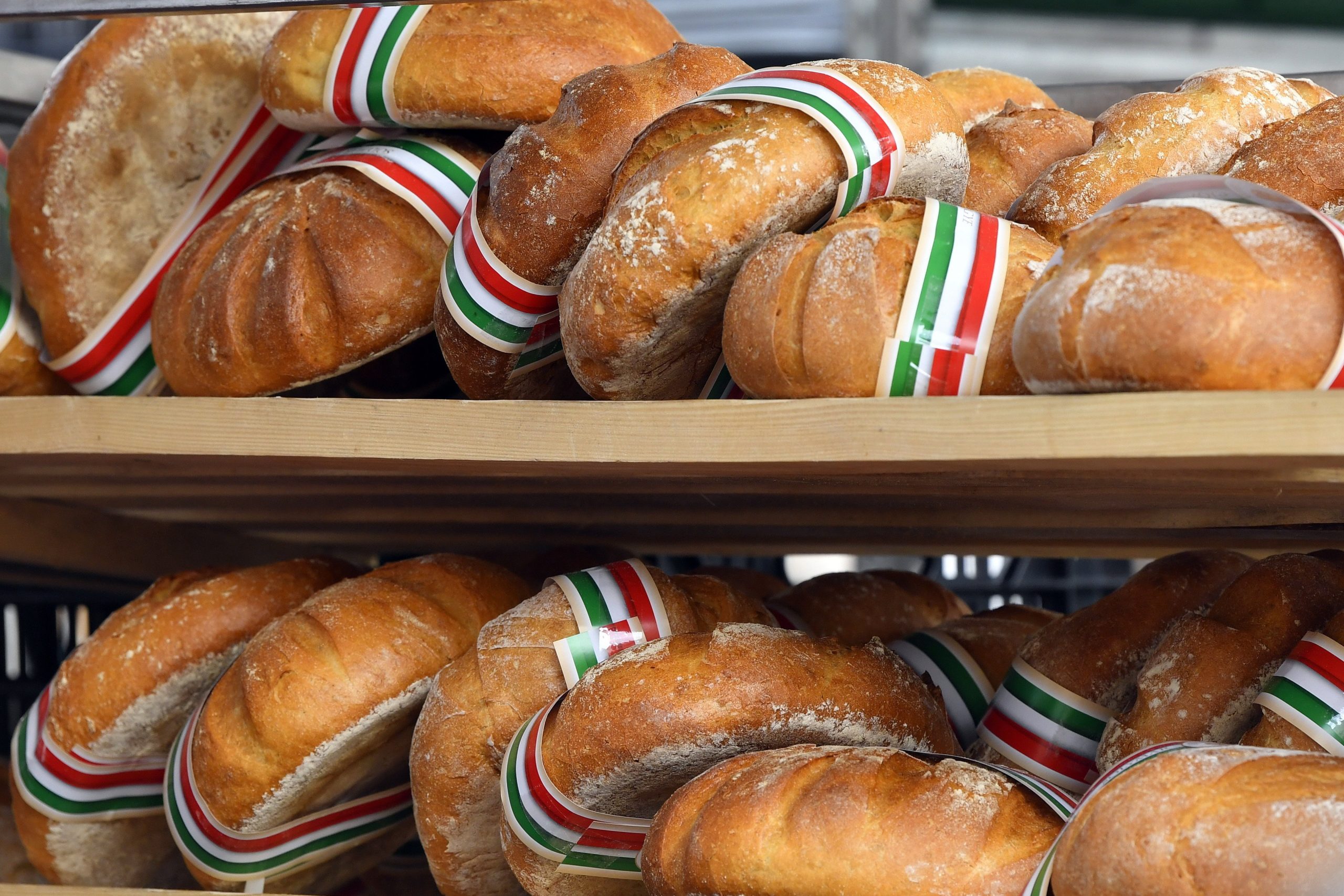
"400-500 [bakeries] can be expected to close in the next period,” József Septe, President of the Hungarian Bakers’ Association said.Continue reading

For almost all products and foodstuffs, we can see that prices have increased enormously and the increase cannot even be stopped. The price of bread is expected to reach 800 forints per kilo (EUR 2.1) by the summer, industry participants believe. The increase in production costs and the shortage of ingredients have brought the food industry to this difficult situation. The biggest problems are with sun sunflower oil because half of the world’s imports (88% of European demand) come from Ukraine. The shortage of food ingredients is so great that even special regulations have been introduced: from now on we will have to pay more attention to the ingredients of the products, because in the future, for example, sunflower oil can be replaced by rapeseed oil.
This article was originally published on our sister-site, Ungarn Heute.
Rising energy prices and a significantly weaker forint are also affecting the domestic grain, milling, and baking industries. The increase in production costs will also have an impact on the price of bread.
Already in 2020, prices began to rise, and in 2021 this was exacerbated by what is now shaking the world: the war between Russia and Ukraine. This stopped Ukrainian shipments, which previously exported a million tons of grain, wheat, corn, sunflower, and rapeseed a week, mainly by sea from the port of Odessa. They are now trying to make up this shortfall by rail, but cannot transport more than five hundred thousand tons per month,”
Zoltán Lakatos, President and CEO of Hajdú Gabona Zrt. told Debrecen Television.
According to the expert, there is currently a shortage of 15-20 million tons of Ukrainian grain on the market, which is affecting world prices. The price of wheat is already over 130,000 forints per ton, which is more than twice as high as in July last year. As a result, the price of flour has increased from 85-90 forints in August 2021 to 160 forints now, and this trend is not over yet. From July 1st, a further price increase of around 60 forints for flour can be expected after gas prices continue to rise.
I expect the price of a loaf of bread to be around 800 forints. This will be shaped by the bakery industry, but it is certain that the rise in grain prices will make everything more expensive, so that from July there could be a general explosion in prices for meat, oil, milk, sugar, and everything that requires grain,”
continued Zoltán Lakatos.
Special food ingredient substitution rules are being introduced to help manufacturers replace ingredients that are running low. Raw material supplies are becoming difficult in many areas; the biggest problems so far are with sunflowers and sunflower oil.
Half of the world’s sunflower oil imports, or 88% of European demand, come from Ukraine, where the invasion has prevented sunflowers from being sown so they cannot be harvested and processed. Sunflower oil, as well as much of the finished product previously produced, has been stuck in transit.
The absence of certain ingredients on the market may cause problems for producers, but does not yet pose a threat to public supply,”
stressed Lajos Bognár, head of the National Veterinary Office.
As an example, he cited that the new legislation allows producers to substitute rapeseed oil for sunflower oil, for example, in the manufacture of a particular product. It is still possible to sell the product in its original packaging, but special care must be taken to inform consumers of the change. The substitution of ingredients should not affect food safety or the obligation to provide information, he stressed.
Information on commodity substitution will be available on the Nébih website.
György Vámos, secretary-general of the National Economic Confederation (OKSZ), emphasized:
Consumers should be prepared for certain products to contain ingredients that are not the usual ones, such as mayonnaise made with canola oil instead of sunflower oil.”
Rapeseed oil is not just a substitute for sunflower oil, it is absolutely recommended and healthy. Rapeseed oil used to contain a high level of the unsaturated fatty acid erucic acid, which significantly increases blood cholesterol levels. This went so far that rapeseed oil was primarily used as a feedstock for biodiesel and was not recommended for human consumption. The food industry, of course, reacted quickly and successfully bred the plant further.
The erucic acid content of canola has been reduced to zero percent, and the canola oil available today is healthy, highly recommended, and a safe choice,”
Orsolya Abonyi told 24.hu.
Besides, in Austria and Germany, it is already more popular than sunflower oil.
Featured image via Zoltán Máthé/MTI